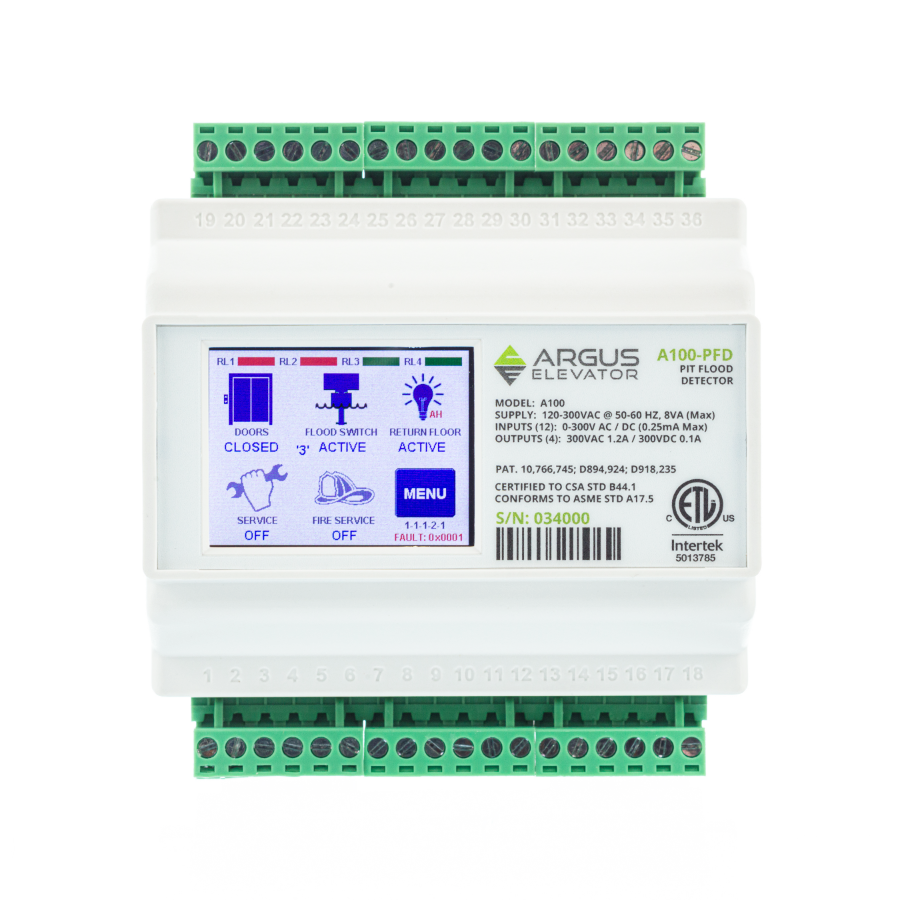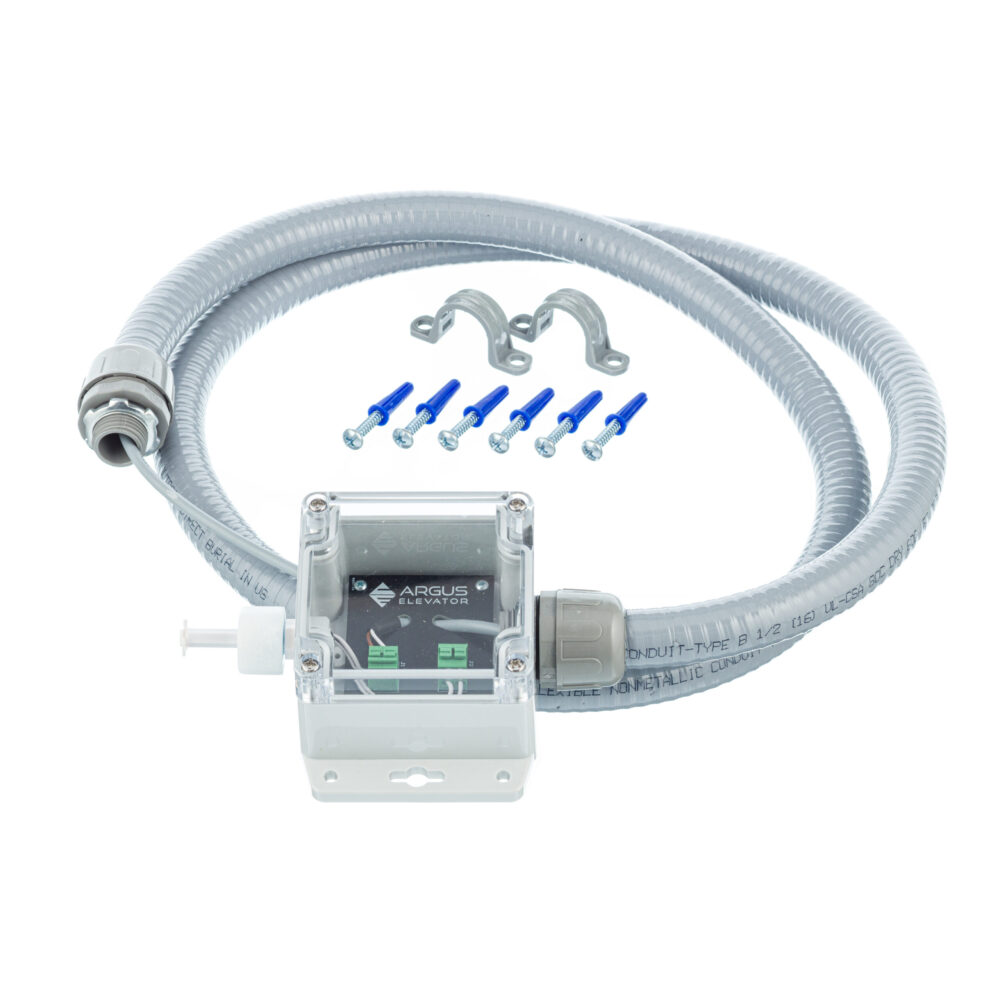Part 3: Audible/Visual Notification Requirements
Part 3: Audible/Visual Notification Requirements
🔔 Part 3: Audible/Visual Notification Requirements
Series Part 3 of 8: Houston 3003.4 vs. ASME A17.1 – Pit Flood Detection
After flood detection, timely notification is key. Let’s explore how Houston 3003.4 and ASME A17.1 handle audible and visual alerts.
📢 Houston 3003.4
“Shall activate a visual or audible notification to the building’s management.”
🎯 ASME A17.1
Requires both visual and audible signals—inside the cab and at inspection points, with specific requirements for:
• Font size (0.25″)
• Color (red)
• Signal duration (minimum 30 seconds)
🔍 Summary:
Houston’s code keeps it simple for building managers:
- Allows visual OR audible signal
- Doesn’t specify duration, font size, or exact placement
- Prioritizes installation flexibility
A17.1, by contrast, includes detailed specs to ensure visibility for passengers, mechanics, and building management—aiming for a more comprehensive audio and visual notification system.
- It specifies both the font size and color for the word “FLOOD” accompanying the visual signal
- It specifies the location of these signals, both in the car and at inspection stations, where applicable
🧩 Up next: When flood mode activates, where should the elevator go? Let’s talk destination floors. 🏢



